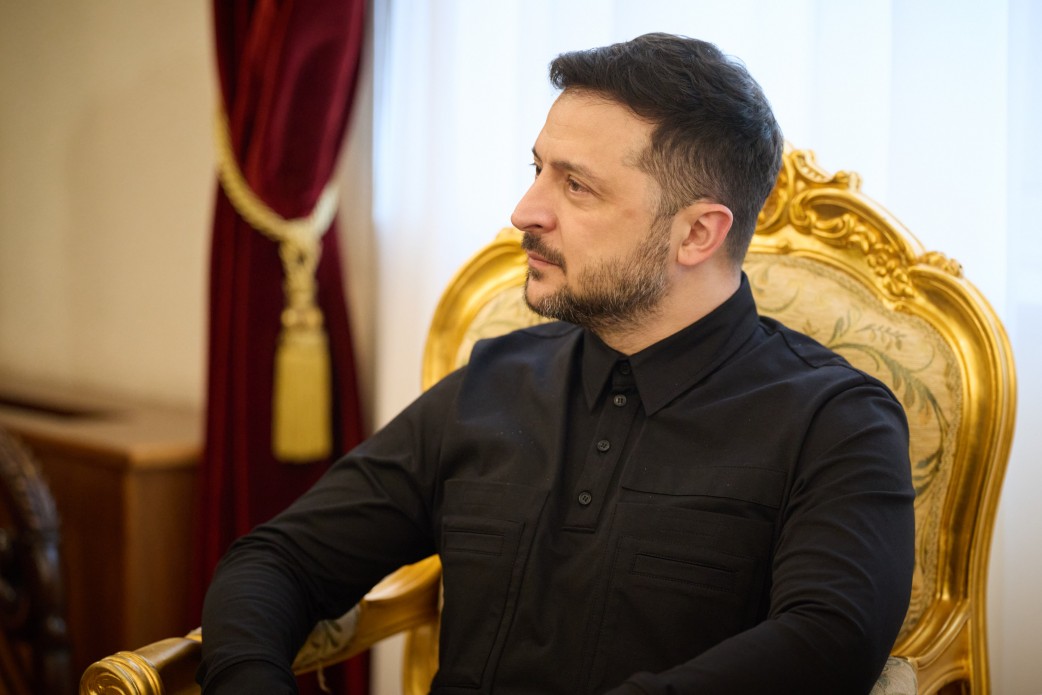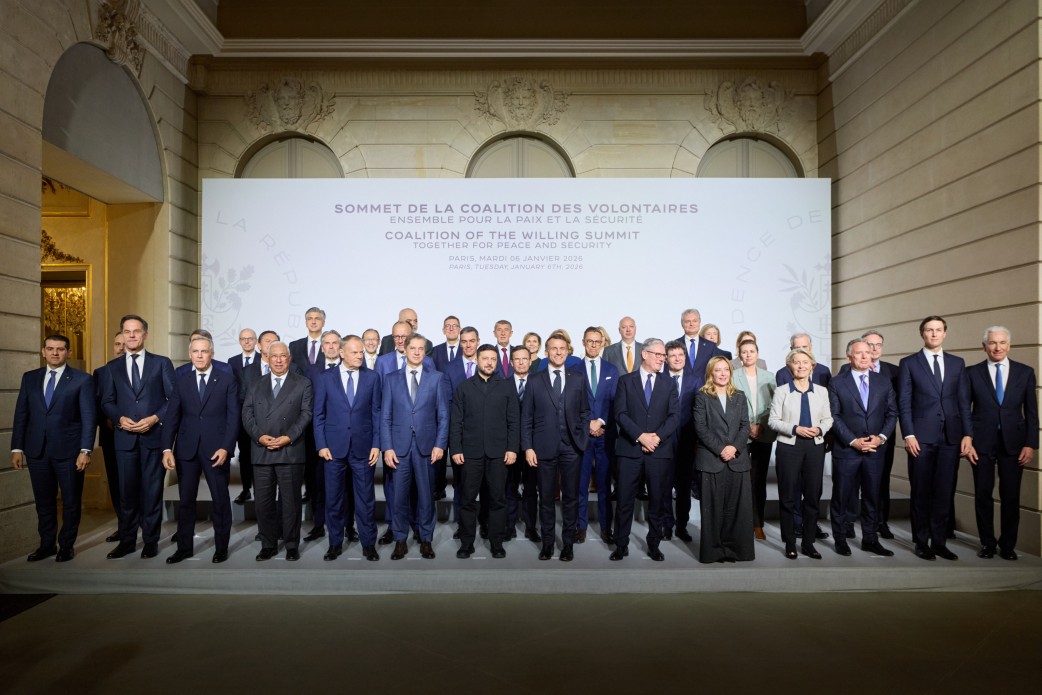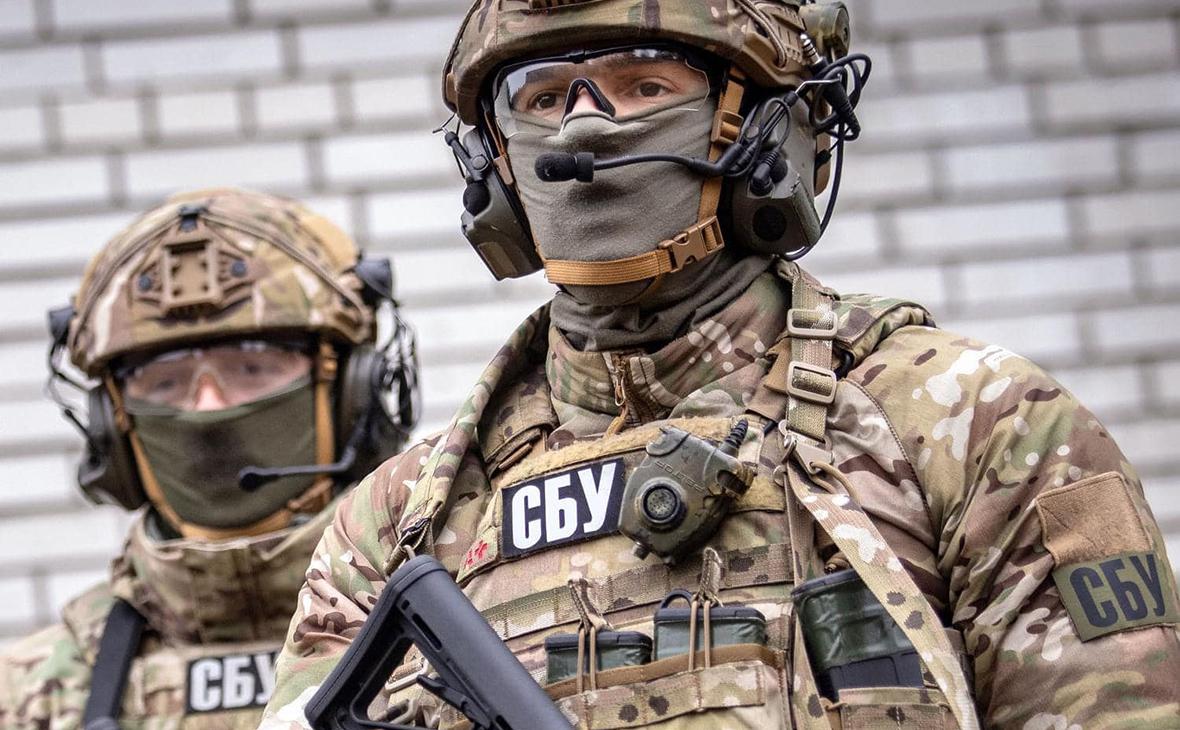The vast majority of Ukrainians continue to demonstrate their unwillingness to meet Russia's demands to end the war.
According to a survey by the Democratic Initiatives Foundation and the Razumkov Center, only 9% of Ukrainians are willing to recognize the occupied territories as part of Russia to end the war (compared to less than 5% in August 2023), while 81% consider this unacceptable (down from 90% in August 2023).
About one-third of Ukrainians (32%) believe that negotiations with Russia to end the war can only begin after all Ukrainian territories have been liberated. This view is supported by a relative majority in each age group, though it is slightly lower among younger people aged 18–29 (28%) compared to the national average, and higher among respondents aged 50–59 (36%).
Regarding other conditions for potential negotiations with Russia, public opinion is almost evenly split: 19% support negotiations solely for the release of prisoners and hostages, 20% believe peace talks could be possible even now, and 18% are convinced that negotiating with Russia is impossible in principle.
There are some regional differences in attitudes toward negotiation conditions. Willingness to negotiate without special preconditions is most commonly observed in the South (36%) and East (27%), while it is lower in the West and Central regions (15%). Conversely, the belief that negotiating with Russia is not feasible either now or in general is more common in the West (21%) and less so in the South (13%).
The vast majority of Ukrainians continue to show their unwillingness to meet Russia's demands to end the war. Only 9% are willing to recognize occupied territories as part of Russia to end the war (compared to less than 5% in August 2023), while 81% find this unacceptable (down from 90% in August 2023), regardless of the respondent's age. This sentiment is similarly strong across all macro-regions: 84% in the West and Central regions, 76% in the South, and 72% in the East.
In a hypothetical scenario where a peace agreement did not include official recognition of occupied territories as part of Russia but guaranteed Ukraine long-lasting peace and protection from Russian threats, the gap between those who would support such an agreement and those who would oppose it would be somewhat narrower. Hypothetically, 25.5% might support such an agreement, but the absolute majority—61%—would still be opposed.
Regarding the willingness to compromise on Ukraine's future NATO membership, 18.5% of Ukrainians are open to this, consistent with August 2023 figures. However, the majority still considers it unacceptable (67%, compared to 74% in August 2023). Significant regional differences are observed: the highest opposition to renouncing NATO membership is in the West (79%), while the lowest is in the East (52%), with a significant portion of undecided individuals (16%) in the East.
The majority of Ukrainians also find it unacceptable to give up EU membership (71%), with 17% willing to make this concession. This position is consistent across all age groups, but opposition to giving up EU membership is strongest among the youth, with 80% of those aged 18–29 opposed. While the position remains firm across all macro-regions, the proportion of those unwilling to concede EU membership decreases from the West (82%) to the Center and South (71% and 72%, respectively) to the East (57%).
Regarding China as a mediator in potential negotiations between Ukraine and Russia, 62% of Ukrainians do not trust China to mediate, while 22% would be willing to trust Beijing in this role.
The view that all Russians are responsible for the aggression against Ukraine is shared by 76% of Ukrainians, while 20% disagree. There is strong consensus on this issue, with only 4% of respondents lacking a clear stance. This opinion is consistent across age groups, with respondents generally agreeing on collective responsibility for the aggression.
Additionally, 64.5% of Ukrainians agree that the Russian population is pushing their country's leadership to continue the war against Ukraine. This sentiment spans across all age groups, including both the youngest (66% among those aged 18–29) and the oldest (60% among those over 60 years old).
After 2.5 years of full-scale aggression, 54% of Ukrainians believe that Ukraine can endure if the war with Russia continues for an even longer period. In contrast, 28% disagree with this view, and 18% are unsure.
Regarding future security, 62% of Ukrainians are confident that security guarantees from other countries could protect Ukraine from potential future aggression by Russia. Regionally, the highest reliance on such security guarantees is found among residents of the South (71%), while the highest proportion of those uncertain is in the East (21%).
The strongest support for the position that Ukraine should not accept unacceptable demands due to significant losses comes from residents of the Central (49%) and Western (47%) macro-regions. In the East, opinions are more divided, with nearly equal numbers believing that these losses warrant starting negotiations to avoid further losses (38%) and those who believe that these losses justify rejecting an unfavorable peace (41%).
At this stage of the war, a majority of Ukrainians (64%) believe that Russia's aggression was inevitable after Ukraine regained independence. Those who think this could have been avoided are in the minority (18%). Similarly, most respondents (59.5%) are convinced that regardless of the conditions for ending the current war with Russia, the RF will attack Ukraine again in the future. This view is shared by 68% of respondents in the West, 60% in the Center, 55.5% in the East, and 45% in the South.




















